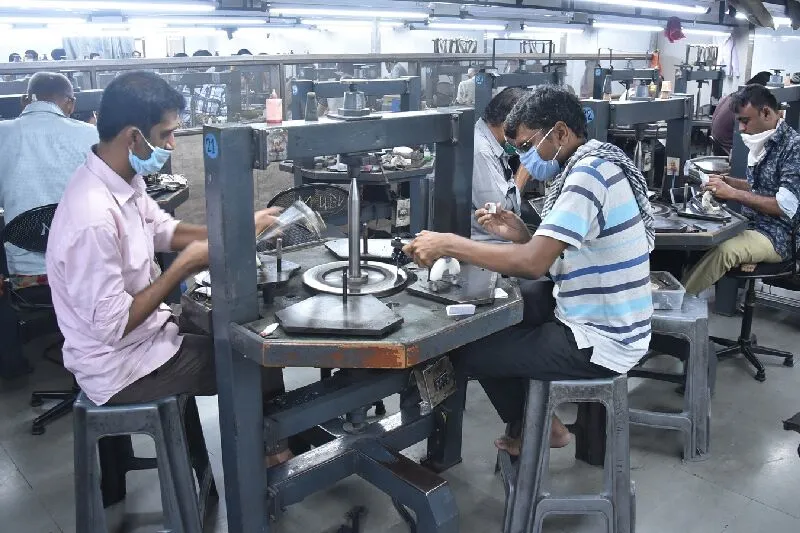Advancing Worker Rights Within The Diamond Industry
Workers in the Diamond Industry Face Persistent Abuses Despite Some Progress
A new report titled “Beyond the Sparkle: Advancing Workers’ Rights in the Diamond Sector” documents labor conditions in major diamond-producing countries like India, South Africa, and Botswana. While some areas have enacted legislative reforms, workers still face issues such as excessive overtime, gender discrimination, suppressed freedom of association, and more.
Overtime Remains Excessively High, Threatening Health and Safety
The report finds that overtime in the diamond sector frequently far exceeds national laws and international standards. Nearly 50% of India, Botswana, and South Africa diamond workers work over the typical 48-hour weekly limit. Excessive overtime impacts work-life balance and increases safety risks from fatigue.
Gender Inequality Persists in the Diamond Workforce
The diamond workforce remains imbalanced, with women often confined to lower-paid sorting and grading roles. In India over 80% of sorters are female, sometimes leading to wage, benefit, and career development discrimination. Reasons include notions of female skill or lack of infrastructure enabling women in technical roles. Progress includes growing female participation in traditionally male-dominated cutting and polishing roles.
Union Formation is Legally Allowed but Often Discouraged
While most diamond producers guarantee freedom of association rights, these freedoms are regularly suppressed in practice through intimidation and retaliation against unionizing efforts. For example, the report notes businesses in Botswana relocating to discourage unionization attempts. India and Zimbabwe also lack support for workers to exercise such rights.
Cooperation is Key to Further Improve Working Conditions
Stakeholders must coordinate more to drive change. Responsible sourcing by companies like Cartier, Tiffany’s, and Signet Jewelers expands influence, as do common standards bodies like the Responsible Jewelry Council. Most importantly, workers’ voices must be represented through unions. The report sparks optimism that diligence across the industry can enhance rights, if key actors collaborate to stringent enforcement of framework policies.



Comments
Post a Comment